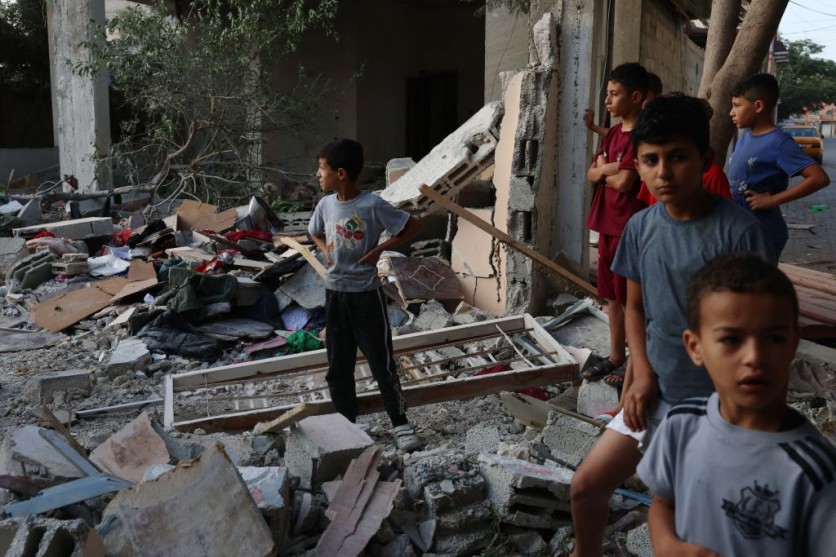The Israel-Palestine war broke several headlines on television when the Hamas terrorist group started bombing some places in the Jewish nation.
As a result, Israel retaliated, attacking some terrorists and even civilians in the process. However, the more sinister fact about the conflict is not the violence—it's the disinformation that disrupts the whole scene courtesy of generative AI.
Israel-Hamas Disinformation on Social Media

There are real pictures of the war all over the internet, but not all of them appear to be true. They might be "real" in our naked eyes, but the reality is, they are just artificially altered.
As for Atlantic Council's Digital Forensic Research Lab associate editor Layla Mashkoor, AI plays a vital role in disseminating disinformation on social media.
Some of the fake images shared online are the photos of a Tel Aviv billboard, an AI-generated image of people supporting Hamas, and more.
Maskoor told Wired that these things are all over the place. Some people are searching for ways to exploit AI so that other people will sympathize on their side.
The misinformation that is making rounds on several social media platforms is alarming given that the apps allow the presence of both authentic and fake images.
In a paper from the Harvard Kennedy School Misinformation Review, the generative AI has a startling effect on the reports. The authors grew worried about its impact to the point that people can easily believe some information and graphic images they see.
"Given the creativity humans have showcased throughout history to make up (false) stories and the freedom that humans already have to create and spread misinformation across the world, it is unlikely that a large part of the population is looking for misinformation they cannot find online or offline," the paper reads.
Disinformation on X About Israel-Palestine Attack
With X filled with disinformation about the Israel-Hamas war, some people knew that it was another area of concern that needed to be addressed.
According to Tech Times, some wartime images in the affected countries were carried out by AI tools. Instead of seeing an image of a crying baby, we instead feel hesitant to conclude if it's an original image or an AI-made photo.
What's worse, the Elon Musk-owned X, the former name of Twitter, is reportedly boosting the presence of misinformation and disinformation about the Israel-Hamas war.
The other posted pictures about the conflict were not originally taken from either Israel or Palestine. They were taken from other pictures and compiled into one folder. The contexts were also changed in the process.
Because of this, the EU demanded that X should swiftly remove these false photos and content to avoid aggravating the issue between the Palestine people and the Jews.
"And then that went online, and then people are like, 'Well, wait a minute, if he could have made that one, then that one could be fake, and now these two versions are going around, and everybody started saying, 'Oh, the puppy was the original, this is the fake,' and then you just muddy the water," Hany Farid, a professor at the UC Berkeley School of Information says.

ⓒ 2026 TECHTIMES.com All rights reserved. Do not reproduce without permission.




